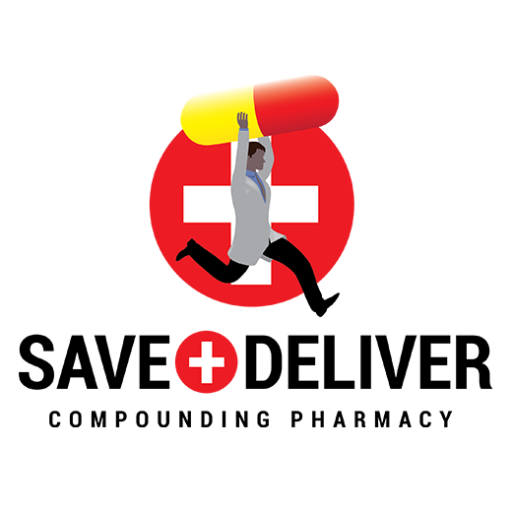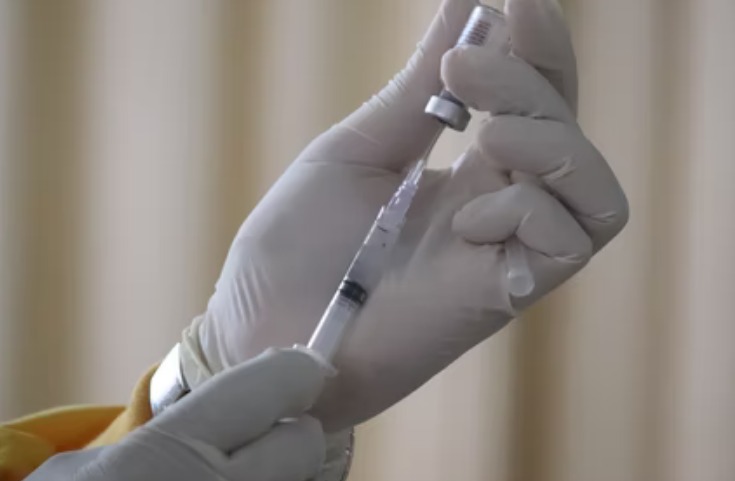How Do Vaccines Work?
What is a vaccine?
A vaccination is a treatment that helps strengthen your body’s immune system and protect it from external disease-producing pathogens. Before understanding what, a vaccine is, it is important to comprehend how your body’s immune system works to protect you.
Now, your immune system is a specialized arrangement of organs, cells, and tissues that collectively work to protect you from disease. When a disease-causing germ enters your body, it is the responsibility of the immune system to:
- Recognize the invading pathogen as foreign
- Reciprocate by producing antibodies that help in destroying the pathogen
- Commemorate the germ and how to destroy it for future reference
This system of protection is known as immunity. Now, a vaccine is designed to protect you from particular pathogens without you getting sick first. They are developed by using killed or weakened versions of the pathogens. Thus, when you get vaccinated, your immune system reacts to the pathogen in the vaccine like it would react to the actual pathogen. It:
- Recognizes the invading pathogen in the vaccine as foreign
- Reciprocates by creating antibodies for the destruction of the pathogen in the vaccine
- Remembers the pathogen as well as how to destroy it
Hence, you can refer to the above explanation whenever a question like “how do vaccines work” arises.
How does the COVID vaccine work?
Different vaccines work in different ways to offer protection from different diseases. Now, the COVID-19 vaccine helps us create antibodies that strengthen our immune systems and helps us battle the COVID-19 pathogen. Typically, the COVID vaccine takes about 2-3 weeks to secure the body. But, like all other vaccines, the COVID vaccine impacts the body that the immune system is left with the memory of how to fight the COVID pathogen in the future.
In the case of the COVID vaccine, it should be noted that it is completely normal for the body to display symptoms such as fever and chills. These symptoms indicate that the body is building immunity against the pathogen.
At present, more than one type of COVID vaccine is sanctioned and approved for use. Therefore, depending on the type of vaccine, the recipient may be required to get more than one shot of vaccination.
Also, read – How to prevent COVID infection.
How do mRNA vaccines work?
As already discussed, most vaccines consist of a killed or weakened version of an infectious pathogen. However, in the case of mRNA vaccines, the vaccination carries certain genetic instructions to our body which help our cells create viral or bacterial proteins, known as antibodies. These antibodies reinforce and strengthen our immune systems to help build resistance against the COVID-19 pathogen.
Messenger RNA or mRNA is a single-stranded molecule that is instinctively present in the cells of our body. It delivers genetic instructions from the nucleus of our cells to the cytoplasm of our cells. Consequently, the enzymes in the cytoplasm decipher the information in the mRNA and further facilitate the production of the antibodies. Our immune system then reacts to these antibodies by developing the tools to counter such infections in the future.
How does a vaccine travel through the body?
We have now understood that vaccination is a treatment that helps us establish immunity against a disease without actually getting the disease. The COVID vaccine, for instance, is composed of weakened versions of the COVID-19 pathogen. Once you are injected with the vac your body’s, the inflammatory and immunity systems acknowledge the foreign pathogen and eradicate the components of the pathogen in your arm. In addition to this, your immune system efficiently remembers the injected pathogen and starts working towards making the body resistant to that infection.
Although the pathogen is eliminated from your body, the memory cells last for the rest of your life. This ensures that your body is prepared to deal with this infection should you be exposed to it in the future.
Conclusively speaking, vaccinations expose your body to infectious pathogens in a secure manner to facilitate your immunity system in preparing antibodies. Collectively, these antibodies protect you from the actual diseases by creating resistance in case you encounter that pathogen in the future.


